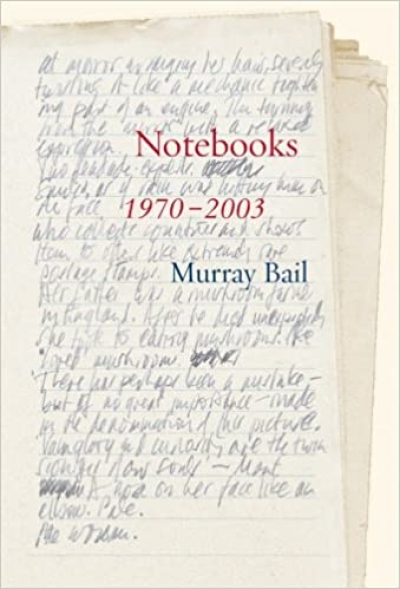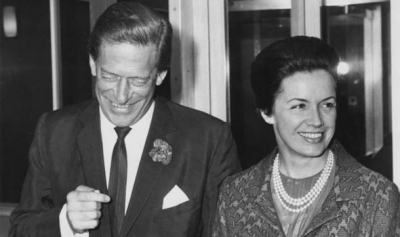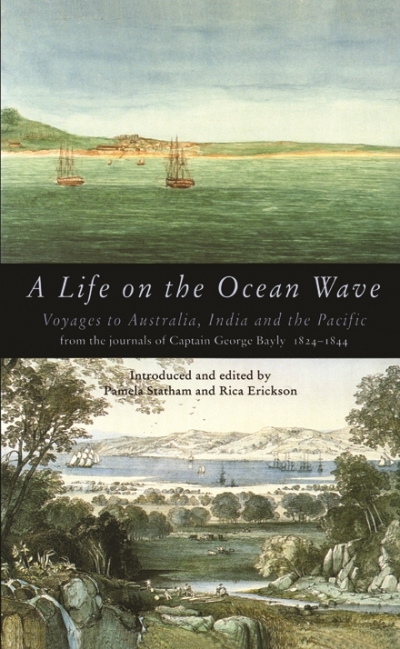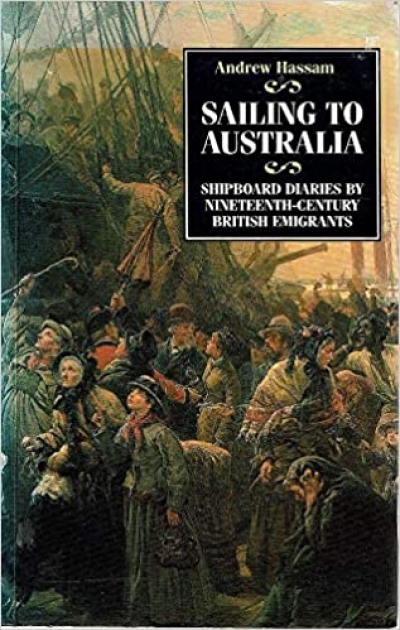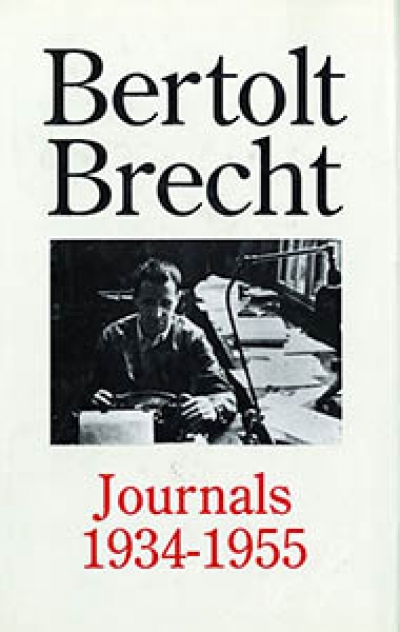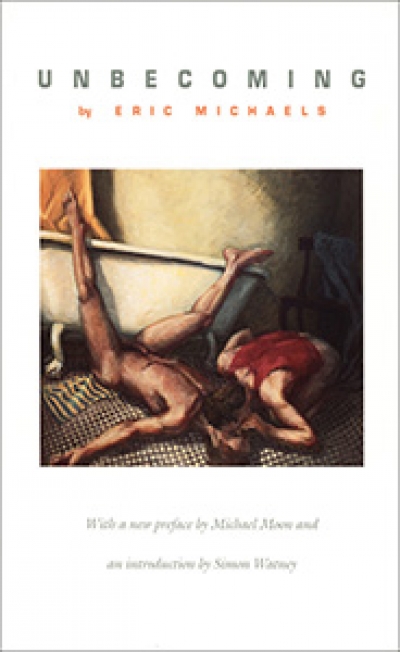Diary
It’s the silence. Even by the river, my ears are straining. It’s the silence. At this moment it’s a warmish humid silence with the grass outside lushly mesmerising the eye.
... (read more)Attending a poetry festival is not normally considered a life-threatening event (not even if you are prone to deep vein thrombosis from constant sitting) but when I told my family I was going to Struga, I was greeted by worried looks and expressions of deep concern. Struga is in the Republic of Macedonia. Just days before, Macedonian hotheads had set fire to a mosque in Prilip (not that far from Struga) in revenge for the death of a Prilip policeman in a road-mine explosion planted by Albanian terrorists. The hair-trigger tensions in that country were clearly dangerous, and possibly escalating.
... (read more)Sunday morning at Balgo in the Kimberley, the wind ripping past in a cold gale of dust and smoke. Wirrimanu, the name of this place, means ‘dirty wind’. White plastic shopping bags pulse and inflate, struggling against the twigs and wire that restrain them. My view down the magnificent plunge of the pound is intercepted by the gridded weld-mesh cage enclosing the verandah, and again by the three-metre-high cyclone mesh fence surrounding the compound. An insufficient barrier, as it turns out, to the entry of determined petrol sniffers. They have been in during the night and have opened all the jerry cans in the back of my car. Slippers, the dog who sleeps in the tray, has clearly made them welcome. I am carrying only diesel and water, and the sniffers have taken nothing, leaving a small stone on the lid of the toolbox as a gesture of – what? – irony, defiance, humour?
... (read more)You tend to notice things when away from home. For instance, I have always been struck by how many people on trains and buses in Paris have their noses buries in books. So when I spent a couple of weeks there in March, I tried as often as decently possible to sneak a look at what Parisians were reading.
... (read more)It’s funny about Australia and me. For the first thirty years of my life, I longed to get out of it, and now I can never wait to come back! I have lived in England for forty-two years. I have a marvellous marriage, an English son, three English stepsons, fourteen English grandchildren, and a host of devoted English friends. I love England, the countryside and the changing seasons, from the film of green announcing spring to the glory of autumn and the magic of seeing the bones of the landscape through bare trees in winter. The sound of English birds thrills me. Were I banished, the recollection of the ‘chukka-chukka’ of pheasants (all right, I know they were originally Chinese!) going up to roost would reduce me to tears.
... (read more)
